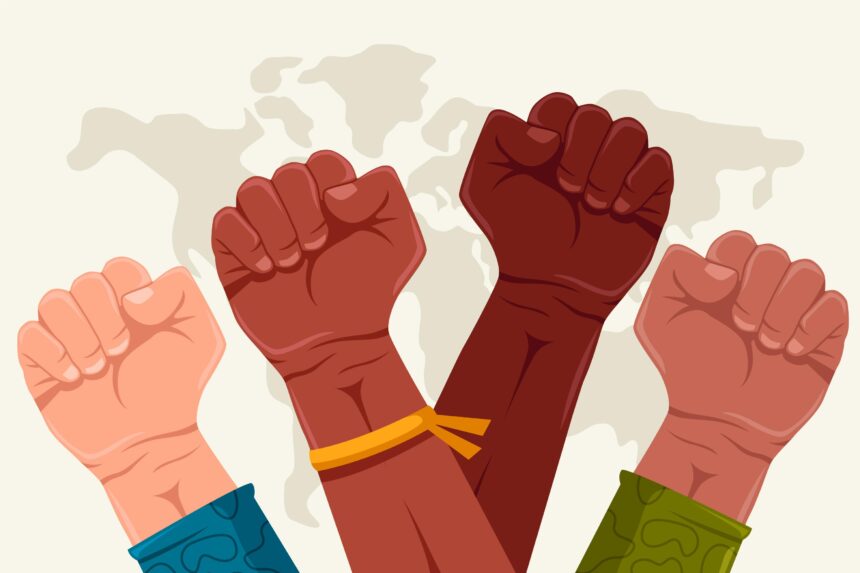The world of Non-Fungible Tokens (NFTs) has garnered significant attention in recent years, transforming the way digital assets are bought, sold, and authenticated. While NFTs have often been associated with art and entertainment, their potential extends far beyond that. In the context of social justice, NFTs offer a unique opportunity to amplify marginalized voices and empower communities, particularly in countries like South Africa. In this article, we explore how NFTs can play a role in addressing social justice issues and creating a platform for South African artists and activists to be heard.
Preserving Culture and Heritage
South Africa is a diverse nation with a rich cultural heritage spanning various ethnic groups and traditions. However, due to historical factors and ongoing inequalities, many aspects of this cultural heritage have been overlooked or undervalued. NFTs can serve as a medium for preserving and celebrating South African culture by allowing artists and creators to tokenize and monetize their work directly.
Artists can create digital representations of traditional artwork, craft, or performances, transforming them into unique NFTs. These tokens can then be bought, sold, and collected, enabling artists to earn income and retain ownership of their creations. By leveraging NFT technology, South African artists can regain control over their cultural narrative, while enthusiasts and collectors around the world can gain access to and appreciate these valuable digital artifacts.
Economic Empowerment and Financial Inclusion
One of the key challenges faced by marginalized communities in South Africa is limited economic opportunities and financial inclusion. NFTs offer an avenue for economic empowerment by providing artists, musicians, and content creators with a direct and decentralized platform to sell their work and establish a global audience.
By leveraging blockchain technology, NFTs can enable artists to receive direct and transparent compensation for their creations, bypassing intermediaries and ensuring fair remuneration. This can have a significant impact on the livelihoods of South African artists, who may have previously struggled to access traditional art markets or secure fair compensation for their work.
Furthermore, the ability to fractionalize NFT ownership can democratize the investment potential of valuable artwork. This means that individuals with limited financial resources can purchase fractional shares of NFTs, thereby allowing them to invest in and benefit from the increasing value of digital assets. By breaking down financial barriers, NFTs can foster economic inclusion and create new pathways to financial stability for South African artists and collectors alike.
Promoting Social Justice Movements and Activism
NFTs can also serve as a powerful tool for amplifying South African voices in social justice movements. Activists and advocates can create NFTs that represent their causes, such as raising awareness about human rights violations, addressing racial inequality, or advocating for gender equity. These NFTs can be auctioned or sold, with a portion of the proceeds going directly towards supporting the associated social justice initiatives.
Moreover, NFTs offer a novel way to document and preserve historical moments and experiences. They can serve as digital time capsules, encapsulating significant events in South Africa’s journey towards social justice. By tokenizing these moments, they become permanently recorded on the blockchain, ensuring their preservation for future generations to learn from and draw inspiration.
Conclusion
Non-Fungible Tokens (NFTs) have the potential to revolutionize the South African art scene, promote economic empowerment, and amplify the voices of marginalized communities. By leveraging NFT technology, South African artists can regain control over their cultural heritage, create sustainable income streams, and gain international recognition. NFTs can also serve as a powerful platform for social justice movements, documenting historical moments and supporting initiatives aimed at addressing inequality.
However, it is essential to ensure that the benefits of NFTs are accessible to all. Efforts must be made to bridge the digital divide, provide educational resources on blockchain technology, and foster exclusivity within the NFT space. With careful implementation, NFTs can be a catalyst for positive change in South Africa, amplifying voices, and fostering social justice for all.










